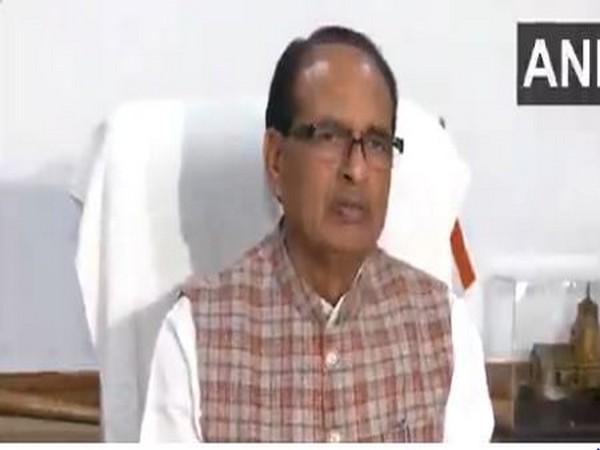Trust factor evaporates between Imran Khan, Pakistan Army
Oct 31, 2021

Islamabad [Pakistan], October 31 : Pakistani politics is at a very crucial juncture at the moment as the trust factor between Prime Minister Imran Khan and Pakistani Army has evaporated.
Sergio Restelli, an Italian political advisor, author and geopolitical expert, writing in The Times of Israel said that the stand-off over the appointment of the intelligence agency's - ISI chief has finally sounded the death knell for the bonhomie between Khan and Army.
After days of political slugfest in Pakistan, Lieutenant General Nadeem Ahmad Anjum was appointed as the Director-General of the country's Inter-Services Intelligence (ISI). Pakistan witnessed uncertainty over the past few days regarding the appointment of the new ISI chief.
In Pakistan, the relationship of every civilian government has been tenuous with the military establishment. History has demonstrated that civilian interference in army affairs, attempts to politicise the army, the picking of favourites from among army ranks has met with a severe reprisal in the past.
There has been growing discomfort and restiveness within the military ranks over the disarray in affairs of state. The military which propped up the current regime of Imran Khan has had to shoulder the blame for the multiple economic, political-administrative and diplomatic blunders, wrote Restelli.
Imran Khan has forced his hand by interfering in the internal process and workings of the Army for his political interests and survival. For the Pakistani army, this is an unforgivable transgression.
Nawaz Sharif is a testament to the fact that this scenario ends in the individual paying a very heavy personal and political price and it is unlikely that it will be any different with Imran Khan, reported The Times of Israel.
Khan resisting the selection of the new ISI chief who hasn't been expressly chosen by him has forced the Army into a corner, obliged to ignore the lack of political alternatives.
With Imran Khan's refusal to be a mere rubber stamp authority, the fear remains that he will exercise his considerable powers as prime minister, said Restelli.
The fear that he may use his power to change the power dynamic, change hierarchies in the Army, appoint a loyalist as the next ISI chief is very real. His approval is needed to ratify appointments to constitutional offices.
He could if he chooses to, dissolve the National assembly and call for fresh elections. In short, he can complicate matters for the military in Pakistan. Ousting him as prime minister may be the only way to release the pressure that is building up in the system, explains Restelli.




















